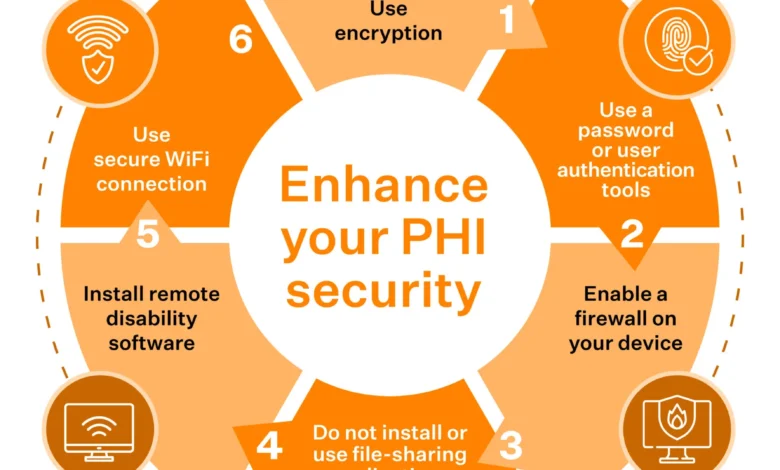How Are Emails Protected Through HIPAA?

By federal law, the Health Insurance Portability and Accountability Act (HIPAA) protects patient information. Sending patient information through any kind of electronic service will require security measures. This may include various data points, such as names, addresses, diagnoses, or treatment plans. Using secure emails may provide protection that traditional email systems may lack. Here is how emails are protected through HIPAA compliance:
End-to-End Encryption for HIPAA Compliance
HIPAA-compliant email services focus on protecting sensitive information from any cyber attack. End-to-end encryption protects messages by scrambling them if hackers attempt a cyberattack, making sure they can’t read any confidential patient information. Security measures can include several methods, such as Transport Layer Security (TLS) or Secure Message Delivery Agent (SMDA). One protects data during transmission, and the other secures information in servers.
Other features include access controls, such as passwords and multi-factor authentication. This helps define user permissions and restrict access to authorized personnel. Audit trails are available to track all activities and allow healthcare organizations to identify security breaches. Here are a few more ways that end-to-end encryption protects emails:
Secured Transmission
Emails travel through encrypted channels, which prevents any malicious threats from intercepting them. Sensitive data, such as personal information or social security numbers, can’t be taken by unauthorized individuals. It also helps prevent data loss.
Access Control
Security features like email-protected passwords prevent unauthorized users from accessing medical documentation. Secure emails also provide time expiration for multi-factor authentication. File attachments may be sent as a link for downloads to eliminate size restrictions and be protected on a secure server.
Malware Threats
Phishing emails attempt to trick users into revealing login credentials, but with an anti-spam system in place, this blocks a large percentage of spam. Secure email protection can help prevent these emails from ever reaching your inbox. It also avoids unwanted senders and is filtered to protect the server from infected emails.
Benefits of Using Secure Emails
The benefits of using secure emails include data loss prevention and disaster recovery. These features prevent accidental leaks and make sure patient data remains safe. Backups can also be stored in physically separate locations to minimize the risk of data loss from natural disasters.
Using security measures will also help healthcare organizations avoid data breaches and avoid reputational damage. Secure systems facilitate collaboration with other healthcare providers without compromising the safety of patient information. This helps improve treatment plans, diagnoses, patient care coordination, and more. These security measures work seamlessly with other existing healthcare systems. Once these systems are integrated, it doesn’t affect workflows or efficiency in the communication process.
Contact a Secure Email Service Today
Patient information can be protected with secure email services to avoid cyber attacks. These systems provide healthcare organizations with safeguards around medical information. It also minimizes the risk of HIPAA violations. Patients who rely on healthcare organizations can also increase trust when they know their information is protected and secure. Reach out to a HIPAA-compliant email service today to find out how they can safeguard your healthcare organization’s server.




